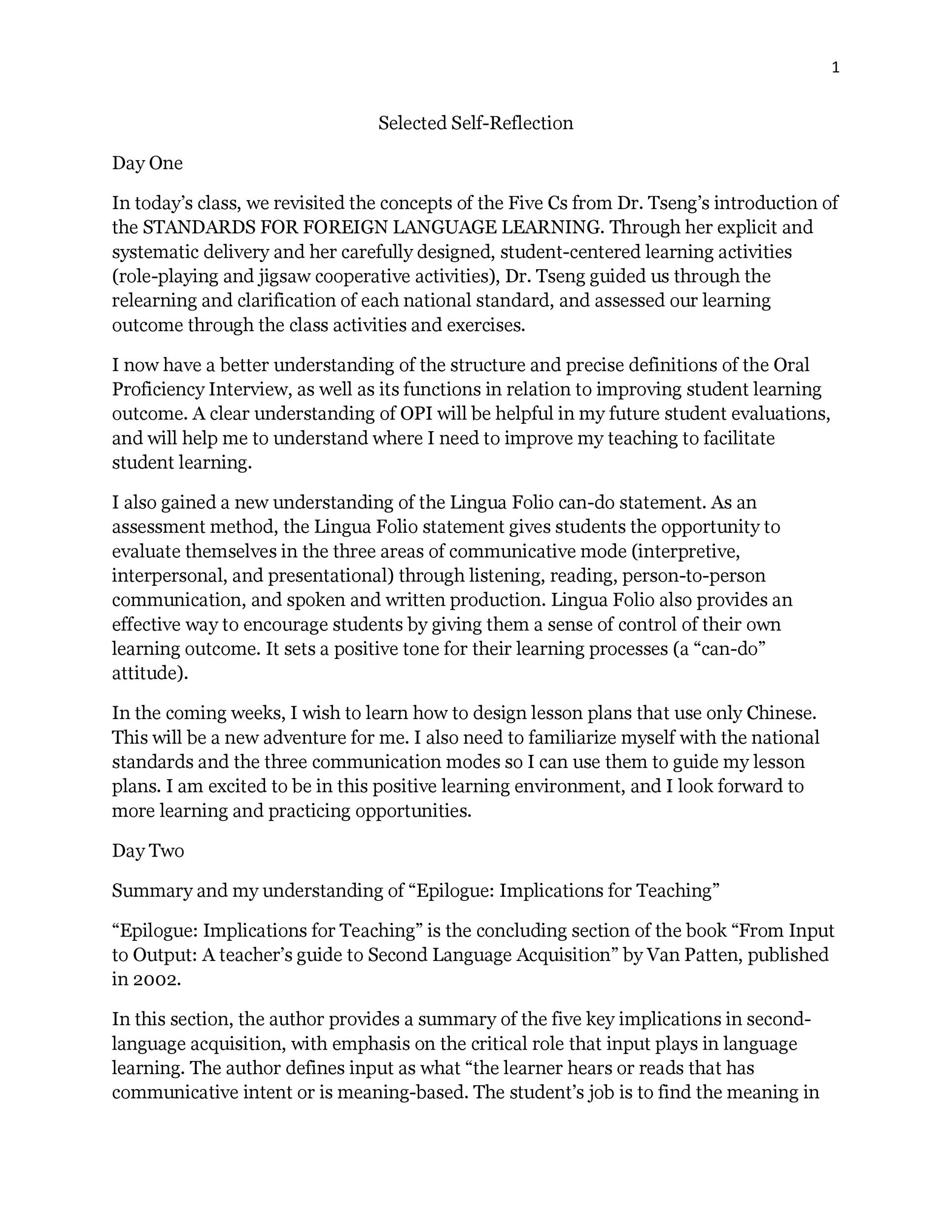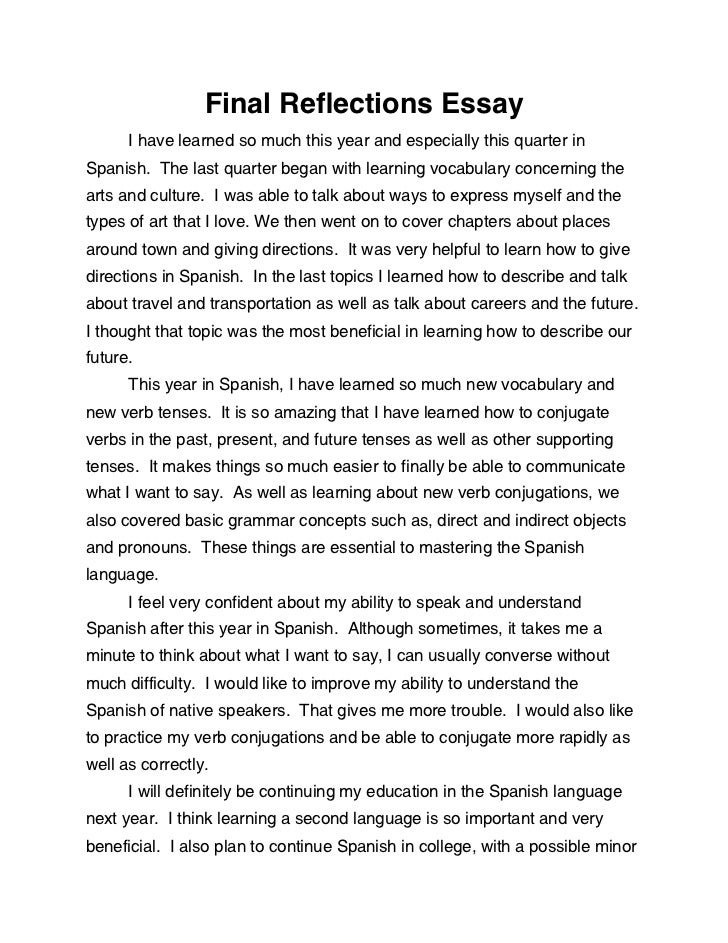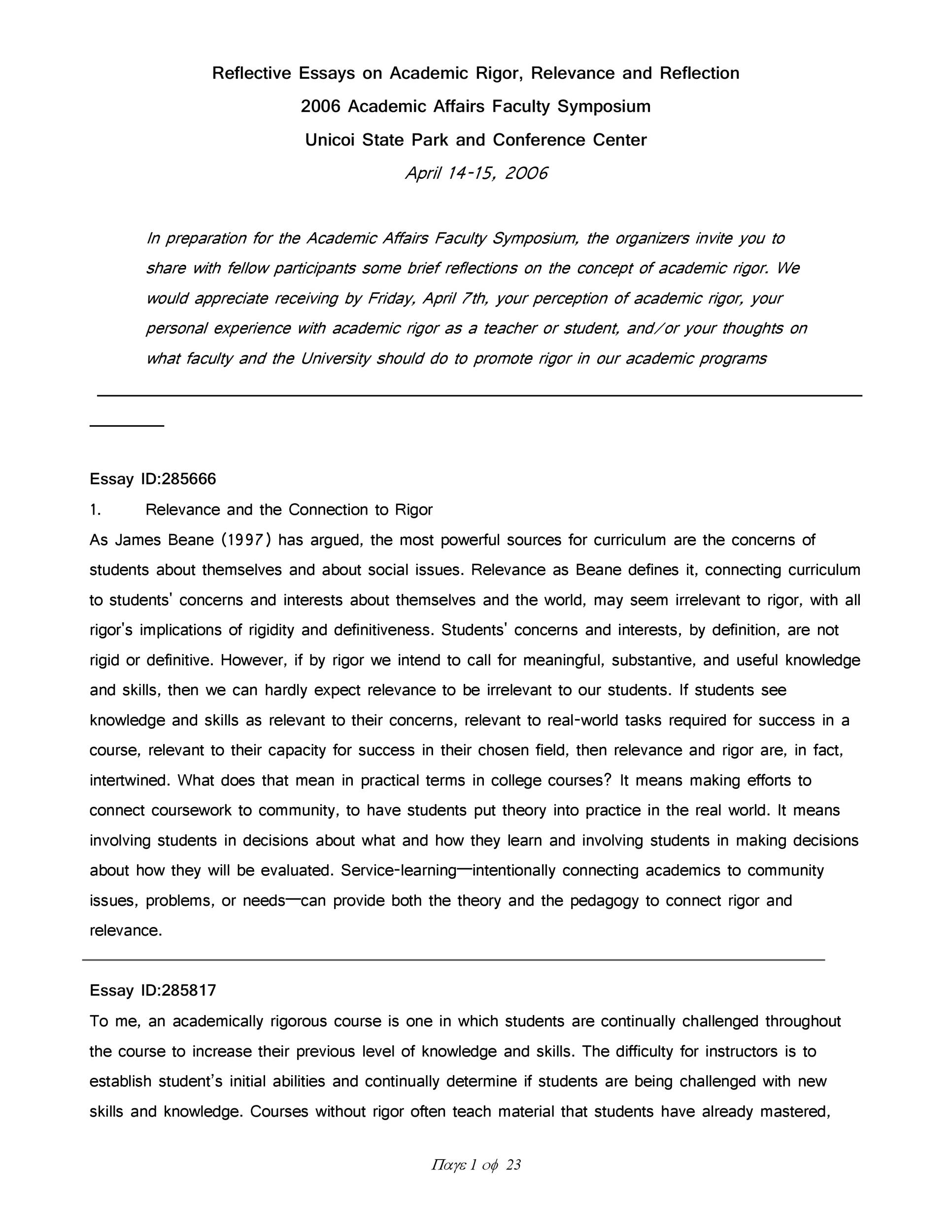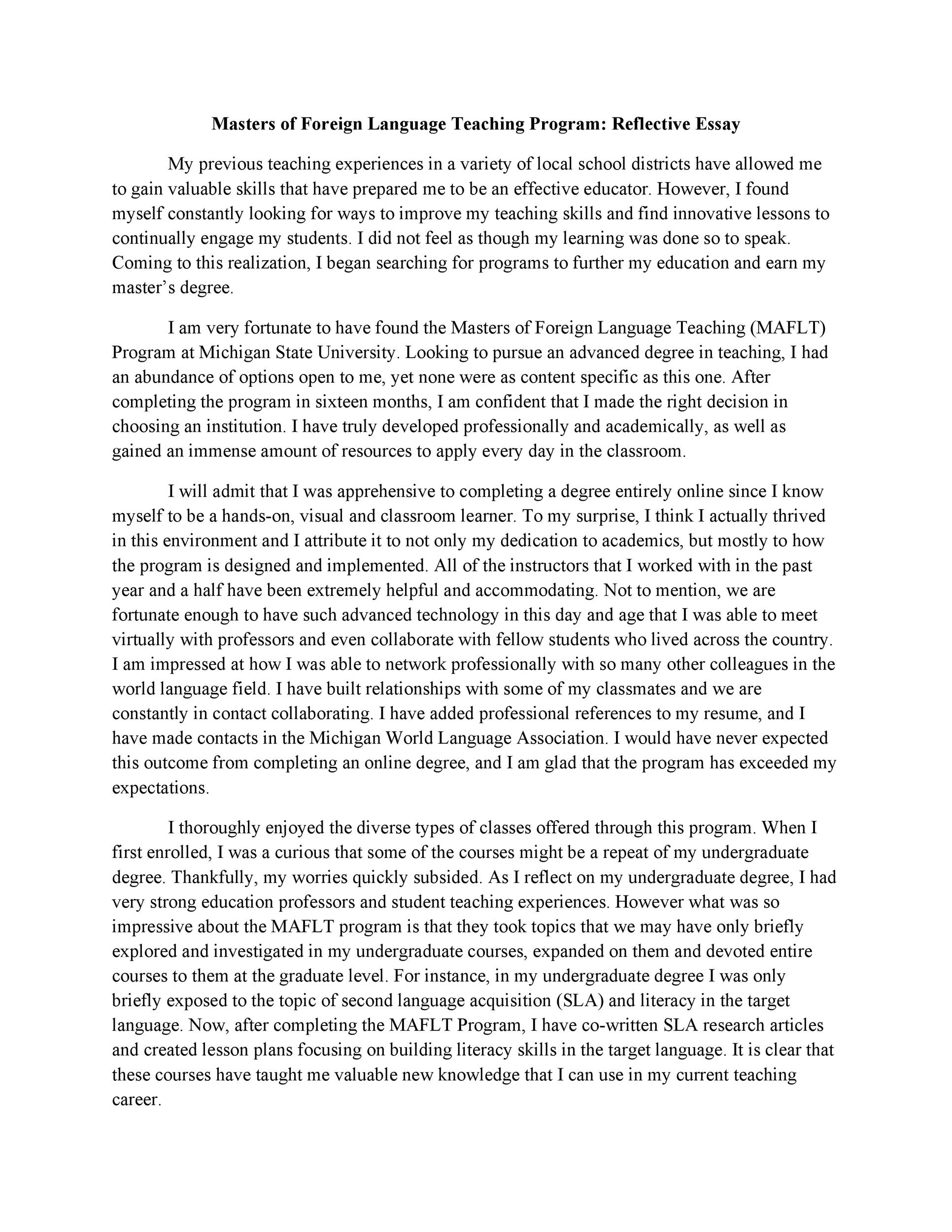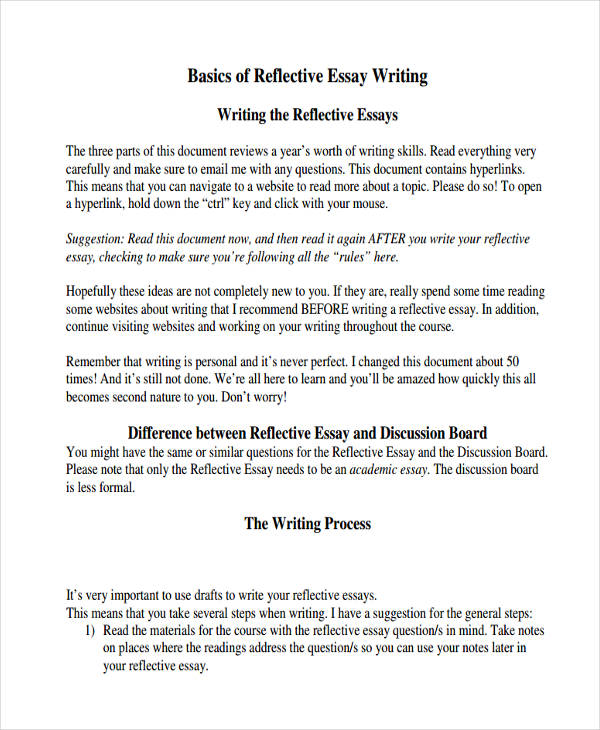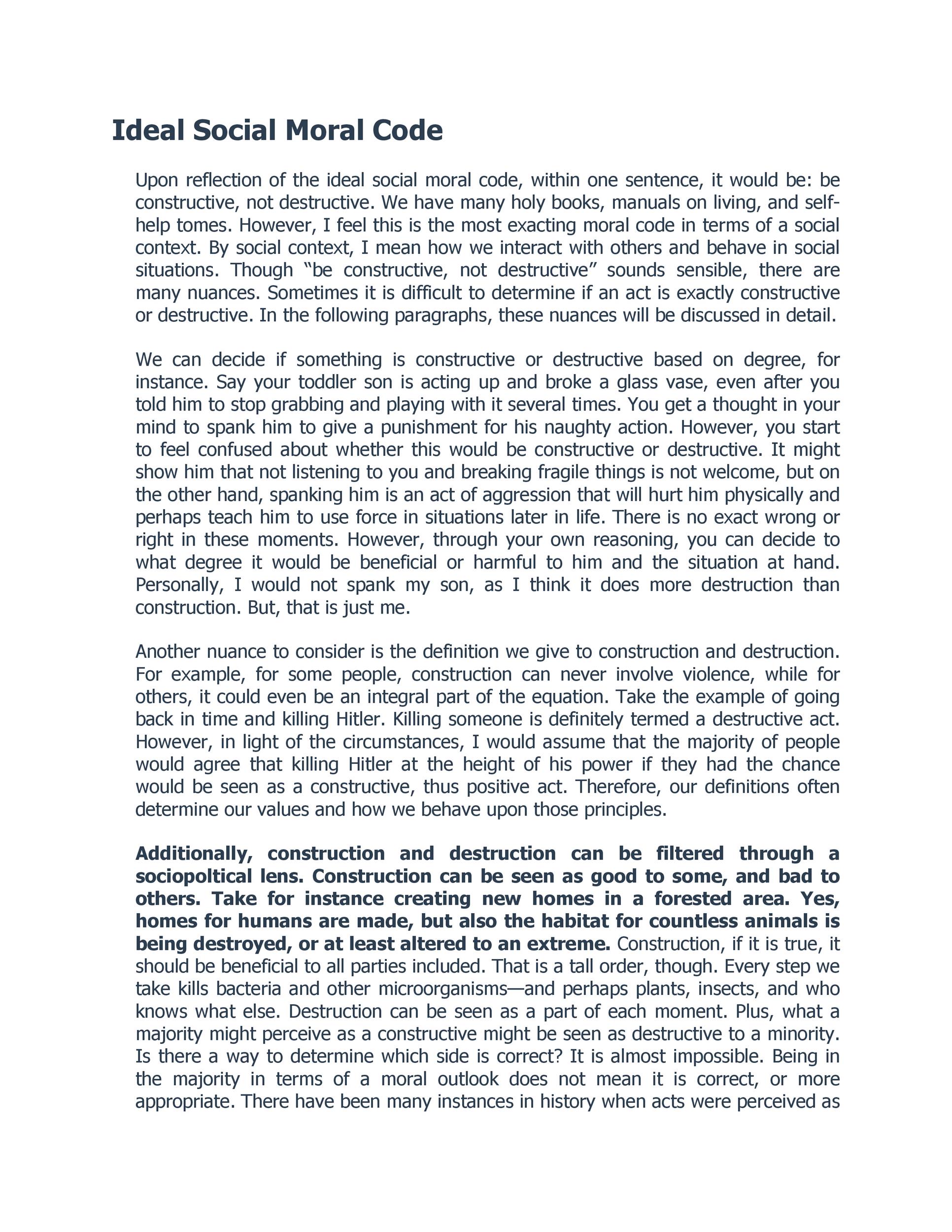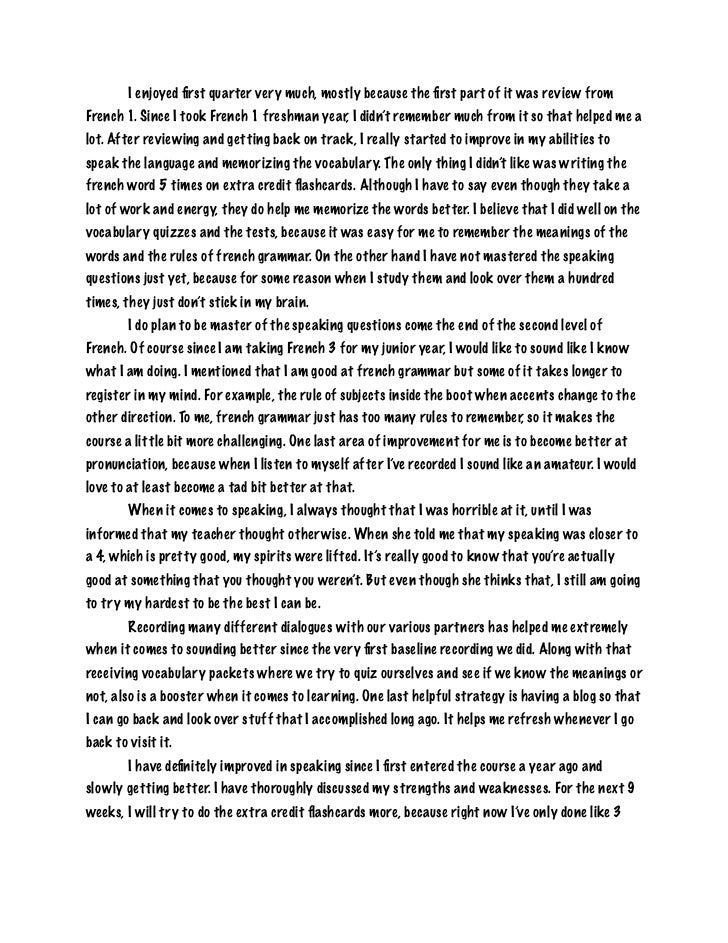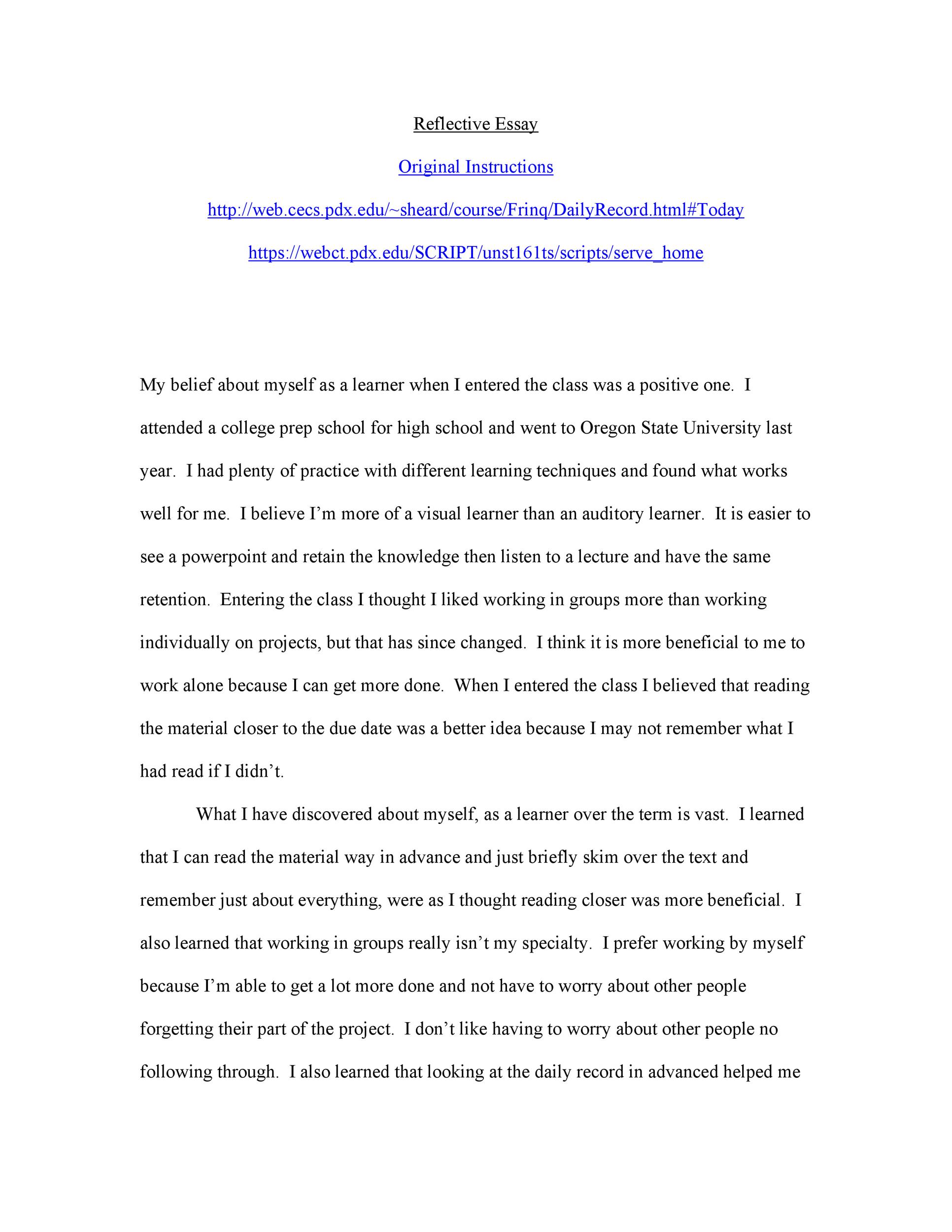Simple Info About How To Start A Reflective Essay

Academic reflective writing is a genre and just like an essay has characteristics, so does academic reflective writing.
How to start a reflective essay. In a reflective essay, you open up about your thoughts and emotions to uncover your mindset, personality, traits of character, and background. You should structure a reflective essay as an essay, that is write to persuade your reader of your key reflections (or argument). Reflective essay introduction paragraph example 2:
When you are asked to write a reflective essay, you should closely examine both the question and the marking criteria. Because a reflective essay is more. Once you have examined the question you should start to plan and develop your essay by considering the following:
This will help you to understand what you are being asked to do. Contrary to some people’s belief, reflection is not just a personal diary talking about your day and your feelings. Reflective essay introduction examples reflective essay introduction paragraph example 2:
Conclude by summarizing your insights. The reflective essay is one of the most common reflective assignments and is very frequently used for both formative and especially summative assessments. These sentences should be both descriptive yet straight to the point.
1 identify the main themes. Academic reflective writing requires critical and analytic thought, a clear line of argument, and the use of evidence through examples of personal experiences and thoughts and often also theoretical literature. Reflective writing is a practice of analyzing.
6 tips for writing a reflective essay 1 choose a tone. Plus, explore several topics to get you started. Tips for writing better reflective essays 6.
How to start a reflective essay? Outline your thoughts, starting with an introduction. Reflective essays are about presenting reflections to an audience in a systematic and formal way.
Before you begin to write your reflective essay, choose a tone. Your reflective essay should include a description of the experience/literature piece as well as explanations of your thoughts, feelings, and reactions. Learn what a reflective essay is and how to write one through a few examples.
It is essentially an analysis of your own experience focusing on what you’ve learned. Determine why that material stands out and make another note of what you figure out. 2 be mindful of length.
Much like when learning how to write a personal essay, reflect on your experiences with an open heart and let your words flow naturally. Don’t confuse reflexive analysis with the rhetorical one. Make sure you do thorough research on your topic first.

